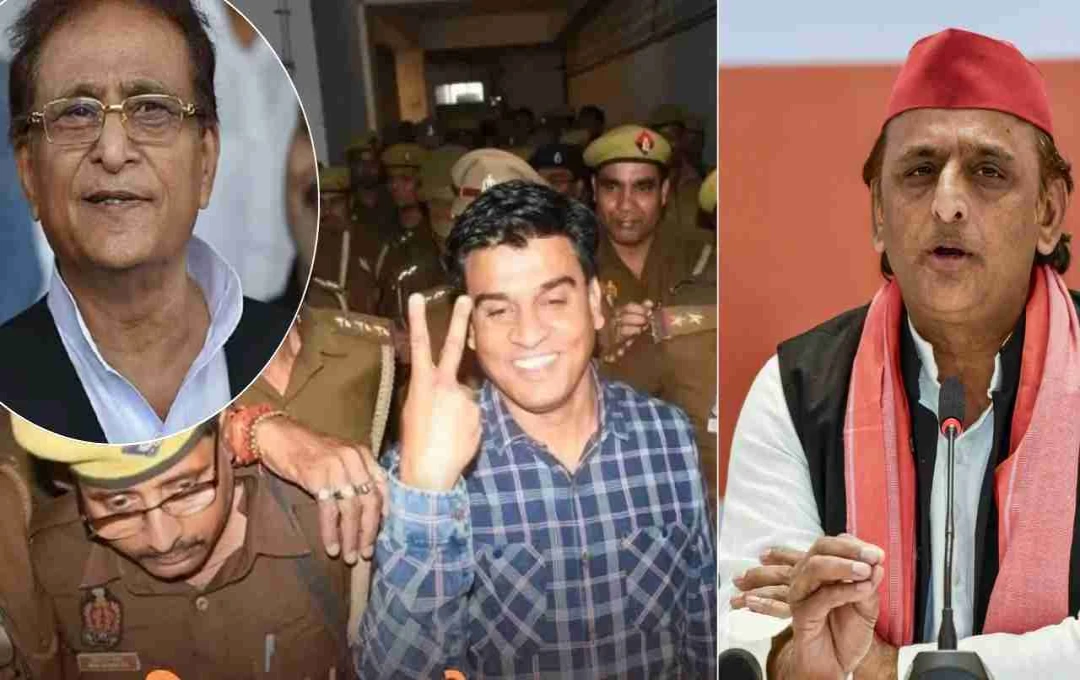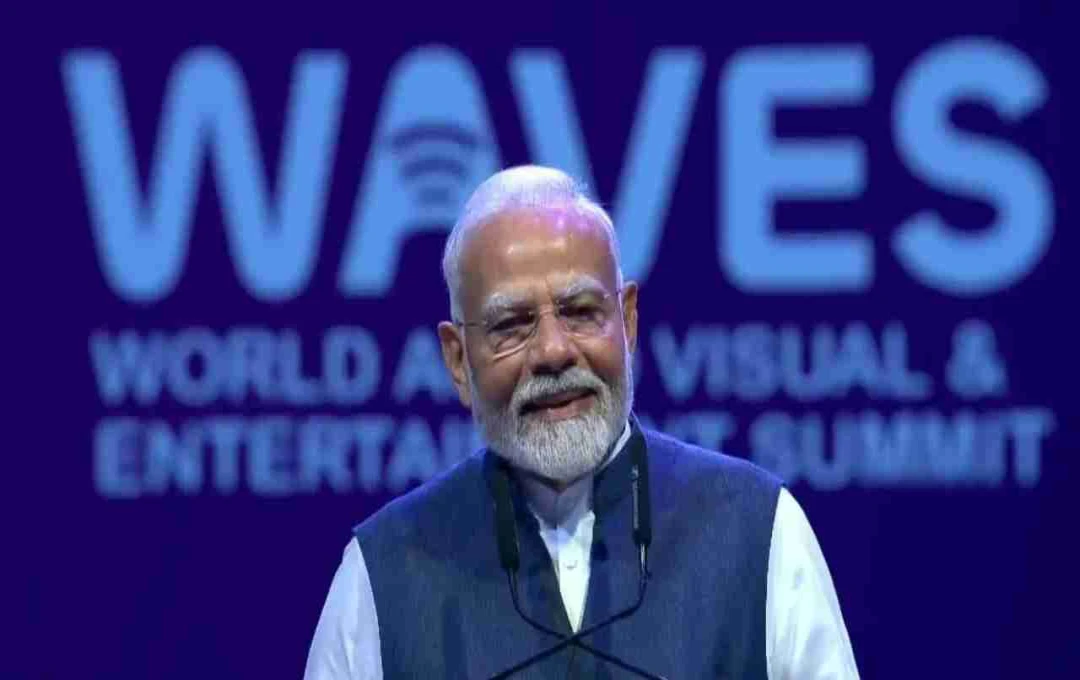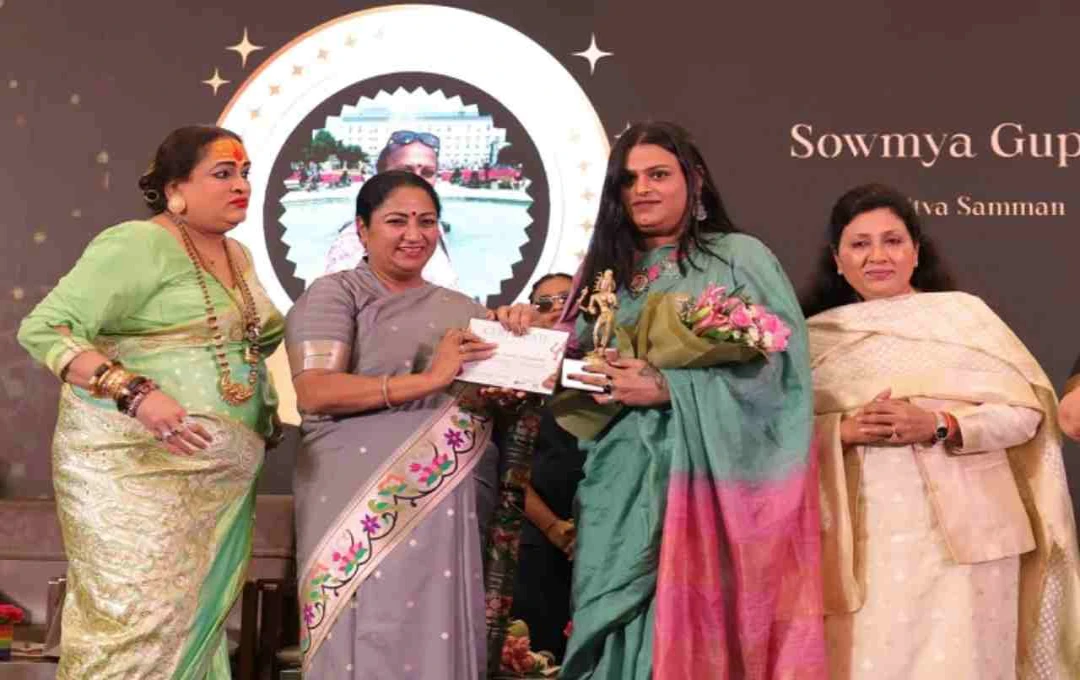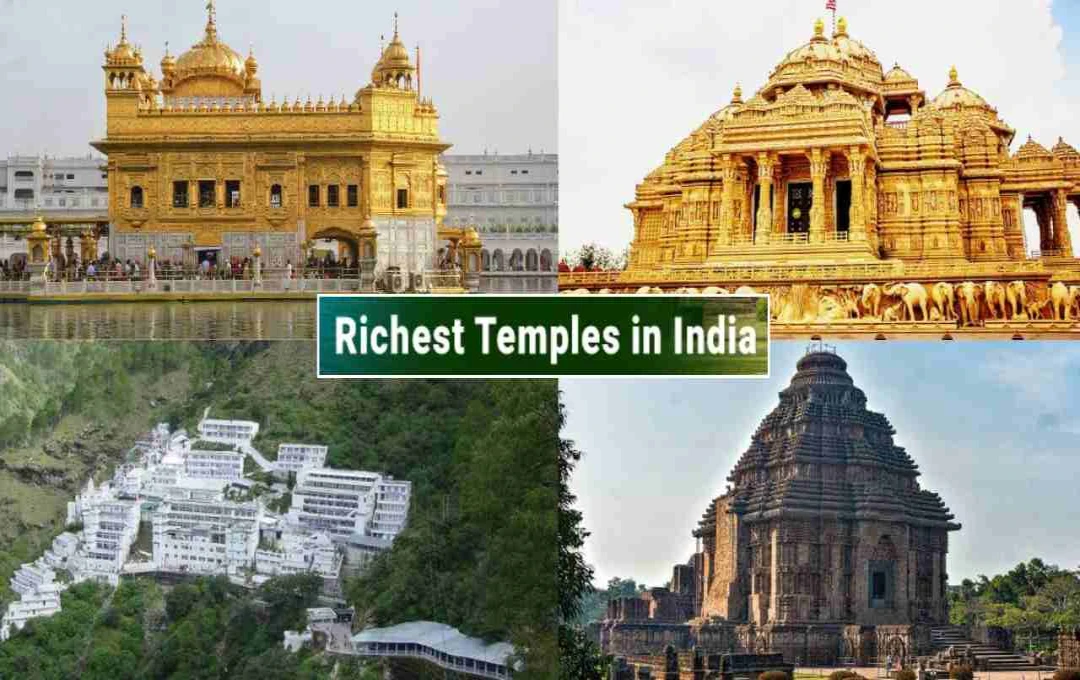On October 2, 2025, India will celebrate the 156th birth anniversary of Mahatma Gandhi. This day provides an opportunity to remember Gandhiji's ideals of non-violence, truth, and simplicity, and to draw inspiration from his life.
Gandhi Jayanti 2025: The history of India is filled with the sagas of many great personalities, but Mahatma Gandhi's name stands out as unique and exceptional. On October 2, 2025, the entire nation will celebrate the 156th birth anniversary of the Father of the Nation, Mahatma Gandhi. This occasion is not merely a remembrance of a birthday; rather, it provides us with an opportunity to internalize Gandhiji's teachings, thoughts, and the inspirations associated with his life.
Gandhi Jayanti is celebrated not only in India but also across the world as the International Day of Non-Violence. This is proof that Gandhiji's influence transcended boundaries, becoming a source of inspiration for all humanity.
Biography of Mahatma Gandhi
Mahatma Gandhi was born on October 2, 1869, in Porbandar, a coastal town in Gujarat. His full name was Mohandas Karamchand Gandhi. From childhood, he possessed qualities of simplicity, integrity, and honesty. His early education took place in Porbandar and Rajkot. Later, he went to England for higher education and returned as a barrister.
While living in South Africa, Gandhiji faced apartheid and racial discrimination. This experience awakened within him the power to raise his voice against injustice and oppression. It was here that he laid the foundation of non-violence and Satyagraha, which later became the greatest weapon of India's freedom struggle.
Gandhiji's Role in the Freedom Struggle
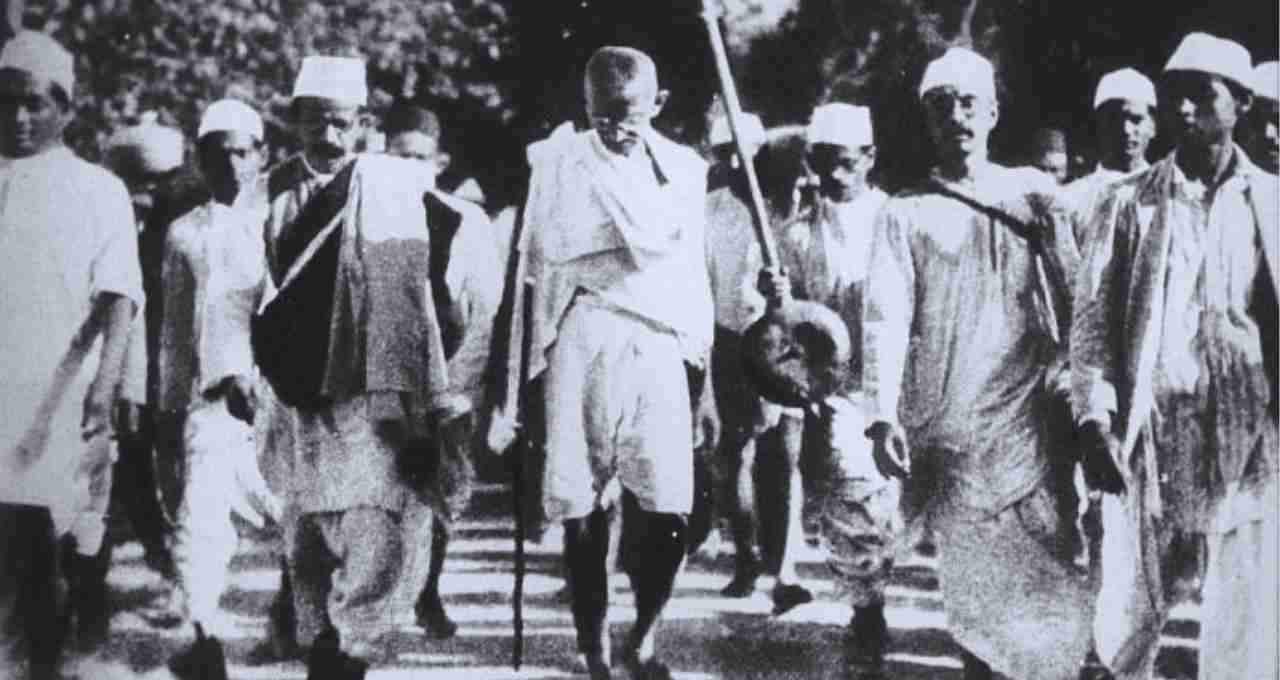
After returning to India, Mahatma Gandhi led several movements against the British. The movements led by him gave a new direction to the fight for independence.
- Champaran Satyagraha (1917): Gandhiji's first major movement against the exploitation of farmers in Bihar.
- Non-Cooperation Movement (1920): A movement based on boycotting British rule and using indigenous goods.
- Dandi March and Salt Satyagraha (1930): Challenged British rule by breaking the salt law.
- Quit India Movement (1942): Gave a decisive turn to the freedom struggle by calling on the British to leave India.
These movements not only shook the foundation of British rule but also instilled a sense of self-confidence and unity among the Indian populace.
Gandhiji's Thoughts and Philosophy
Mahatma Gandhi was not merely a politician but also a thinker and philosopher. The foundation of his life rested on three main principles:
- Truth: Gandhiji believed that truth is God. He taught adherence to truth in every circumstance.
- Non-Violence: He opposed violence and adopted peaceful resistance against injustice.
- Simplicity: Gandhiji's life was exceedingly simple. He wore Khadi and emphasized self-reliance.
These ideas of his not only proved effective in the freedom struggle but continue to guide us today towards social justice and equality.
Gandhiji's Global Impact
Gandhiji's ideas influenced not only India but the entire world.
- Martin Luther King Jr. (America): He adopted Gandhiji's policy of non-violence in the civil rights movement.
- Nelson Mandela (South Africa): Drew inspiration from Gandhiji in the struggle against apartheid.
- Aung San Suu Kyi (Myanmar): Followed Gandhiji's teachings in her movement for democracy and peace.
This clarifies that Gandhiji's teachings transcend boundaries and serve as a source of inspiration for all humanity.
Significance of Gandhi Jayanti
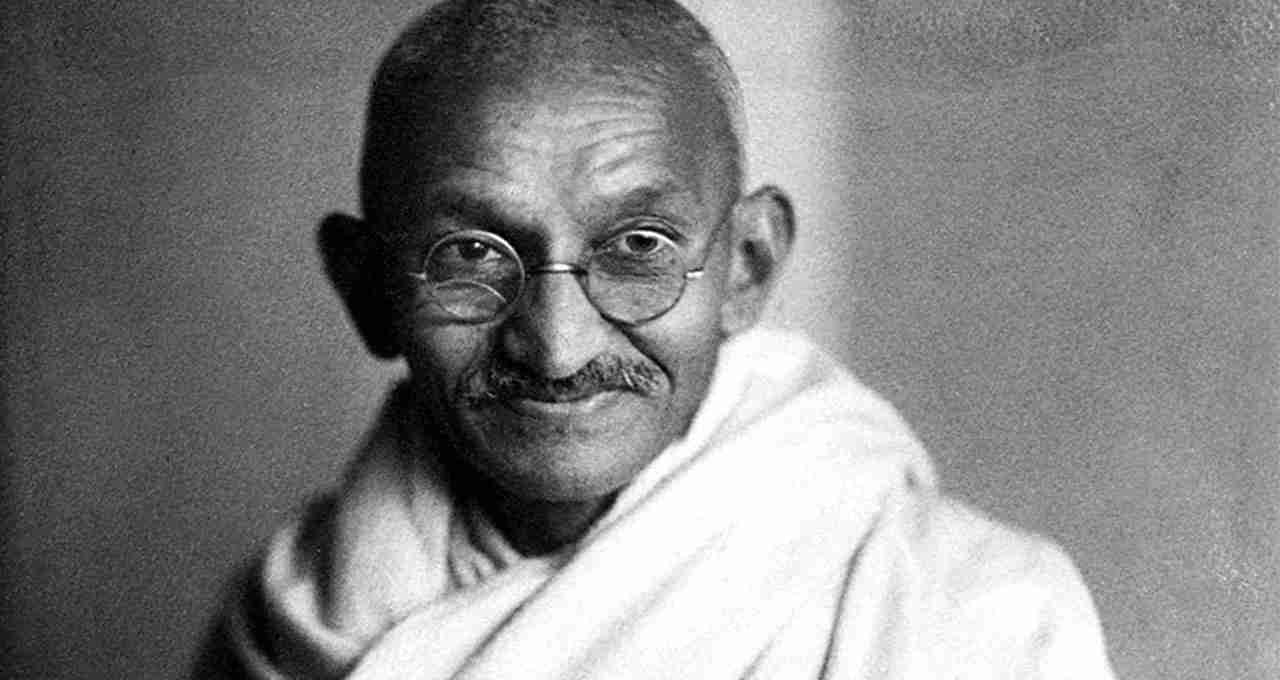
Gandhi Jayanti is not merely the birth anniversary of Mahatma Gandhi; it is also a symbol of Indian democracy and social awareness. October 2 is a public holiday across the country, and this day provides an opportunity to remember his ideals and inspire the younger generation.
On this day, schools, colleges, and government institutions organize essay competitions, speech contests, plays, and cultural programs. Students are made aware of Mahatma Gandhi's life and his contributions. This day particularly inspires the younger generation to walk the path of peace, non-violence, and ethics.
Programs Organized on Gandhi Jayanti
Various programs are organized across the country on the occasion of Gandhi Jayanti. At Rajghat in New Delhi, national leaders and citizens pay tribute to Mahatma Gandhi. Additionally, cleanliness drives, tree plantation, essay competitions, and cultural programs are organized in schools and colleges.
At the local level, social workers and volunteers organize programs that highlight Gandhiji's ideals—simplicity, cooperation, and service. Many institutions observe this day through social service, such as distributing food in orphanages and assisting the needy.
Gandhiji's Relevance in Today's Context
Gandhiji's ideas are as important today as they were during the freedom movement.
- Environmental Protection: Gandhiji taught a life of simplicity and harmony with nature.
- Social Justice: His thoughts against casteism and discrimination still form the basis of social reform today.
- Global Peace: In a world affected by war and terrorism, Gandhiji's non-violence is the only lasting solution.
- Economic Self-Reliance: His policy of 'Swadeshi and Self-Reliance' connects with the vision of 'Atmanirbhar Bharat' (Self-Reliant India) today.
Wishes and Messages on Gandhi Jayanti
On this day, we can all send Gandhiji's quotes, messages, and good wishes to our loved ones. His messages like "Ahimsa Paramo Dharma" (Non-violence is the highest duty) and "Truth always triumphs" can serve as guiding principles in life.
On the occasion of Gandhi Jayanti, let us all resolve to adopt his principles in our personal and social lives and strive to spread peace, cooperation, and harmony in the world.
Gandhi Jayanti is not just an occasion to pay tribute to Mahatma Gandhi, but it also inspires us to embody his ideals in our lives. The relevance of values such as non-violence, truth, and simplicity is as b today as it was during the freedom struggle. On his 156th birth anniversary in 2025, we should pledge to build a better society and nation by walking the path of peace, compassion, and unity.


